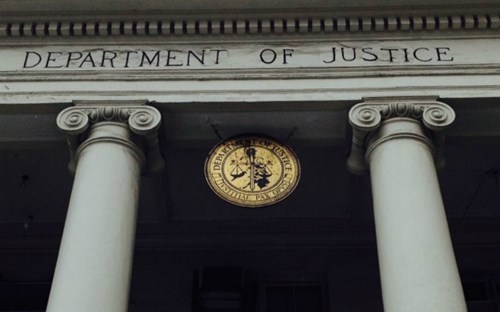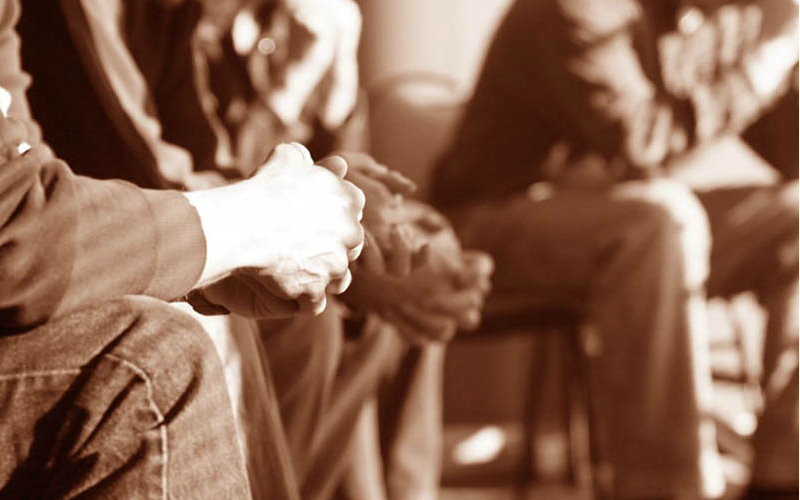The DOJ alleges these defendants are guilty of violating a federal statute that prohibits obstruction of Congressional inquiries and investigations by their actions during the demonstration at the Capitol in 2021.
The Supreme Court heard oral arguments in the case of Fischer v. United States on Tuesday. The question before the justices is whether the Washington, D.C., appeals court erred in its opinion that the statute can be applied to violations unrelated to investigations and evidence.
“Let’s just be frank. The DOJ is lazy and decided that this was a simple way to bring a very serious charge against things they would normally be charging as $50 misdemeanors,” Will Chamberlain, senior counsel for The Article III Project, said on American Family Radio Tuesday.

The intent of the law as written is to address the physical destruction of evidence as it relates to obstruction.
“The statute was originally written after the Enron scandal, when Arthur Anderson and the accounting firm had deleted a bunch of documents in advance of trial. The idea that this can suddenly be applied to a riot or protest doesn’t make any sense,” Chamberlain said.
U.S. District Judge Carl Nichols agreed that it made no sense when he dismissed the obstruction charge against Joseph Fischer, a former police officer from Pennsylvania, who entered the capitol on Jan. 6.
Fischer was also charged with assaulting a police officer and disorderly conduct, according to SCOTUSblog.com.
The DOJ appealed the ruling and the D.C. Circuit reversed Judge Nichols.
Chamberlain now believes the Supremes will “reverse the D.C. Circuit and find use of the statute was improper.”
Trump prosecuted under same federal law
The statute was also applied against Donald Trump in the DOJ’s probe of connections between the former President and Russia.
 Ironically, Trump will be among the 300-plus to benefit if the high court rules in favor of Fischer as Chamberlain expects.
Ironically, Trump will be among the 300-plus to benefit if the high court rules in favor of Fischer as Chamberlain expects.
The Congressional obstruction charge is one of two brought by Special Counsel Jack Smith against Trump. The Supreme Court is scheduled to hear arguments regarding Trump’s claims of immunity on April 25.
Chamberlain said the charge against Fischer and the other defendants is “lazy lawyering.”
It was also an easy charge to bring because Andrew Weissmann, part of Special Counsel Robert Mueller’s team that investigated the Trump-Russia connections, is still hanging around the DOJ.
“He’s still very much deeply involved with the DOJ, and people have to understand this very same statute was used to go after President Trump during Russiagate," Chamberlain said. "Trump fired (FBI Director) James Comey, and Weissman’s theory was that this constituted obstruction of an official proceeding because Trump was trying to stop Comey’s investigation."














